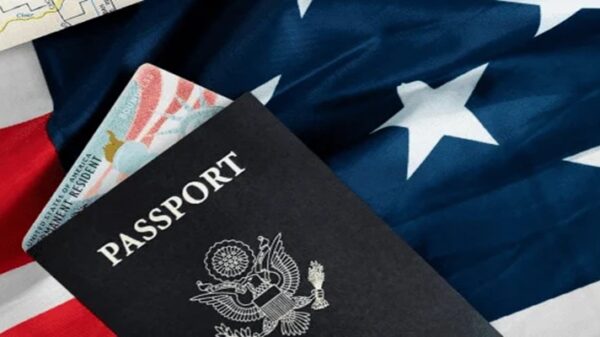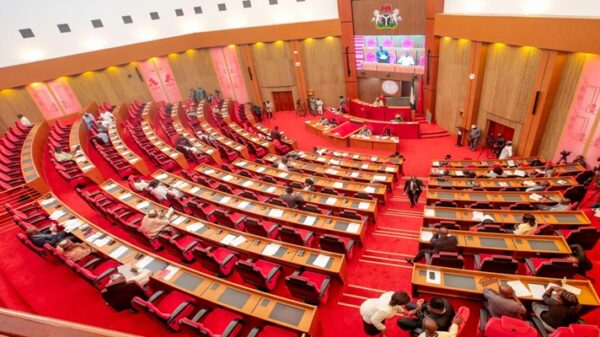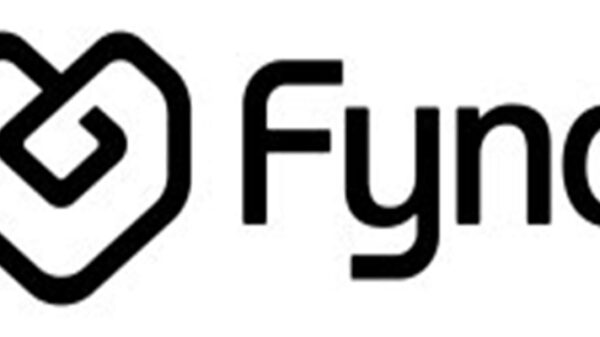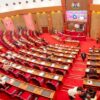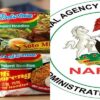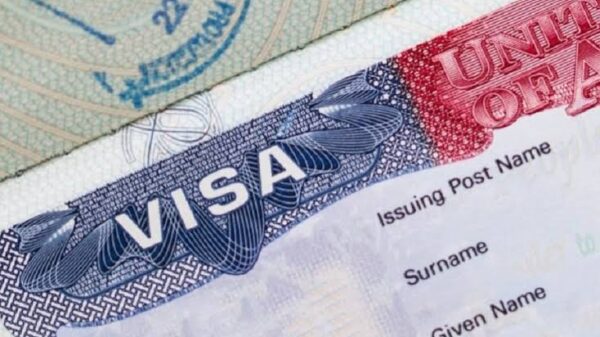National Agency for Food and Drug Administration and Control (NAFDAC) reported that it generated ₦2.5 billion through enforcement operations in Lagos, Onitsha, and Aba, targeting traders involved in selling fake, expired, or unregistered drugs. Of that amount, ₦996 million was used for enforcement operations, ₦1.175 billion went to regulatory expenses, and ₦159 million was borrowed from a donor grant to cover shortfalls. This left only ₦206 million in available funds.
The operations lasted up to four weeks in certain locations and deployed more than 1,300 security personnel. Fines imposed ranged between ₦500,000 and ₦2 million depending on the severity of violations, which included the sale of banned substances like Tramadol.
In contrast, the recent enforcement action in Kano was based on a Federal High Court order and didn’t involve collecting fines.
The court mandated the relocation of open-market traders to the Coordinated Wholesale Centre at the Kanawa Pharmaceutical Centre. Traders initially resisted, prompting NAFDAC to seal shops with heavy padlocks until relocation agreements were made. Despite starting the year with no funds in its accounts, NAFDAC relocated over 1,300 shops.
NAFDAC is currently facing operational challenges due to being classified as a revenue-generating agency by the Office of the Accountant-General of the Federation (OAGF).
This has led to aggressive automatic deductions—50% of revenue inflow in 2024 and 75% in 2025—limiting their capacity to fund vital public health initiatives.
Lawmakers have expressed concerns over regional disparities in enforcement and questioned the financial transparency of NAFDAC. During a committee hearing, officials were asked to provide a detailed market-by-market breakdown of how the ₦2.5 billion was collected and spent.
The committee was dissatisfied with the initial report and directed NAFDAC to return with a more comprehensive financial account.
![]()

